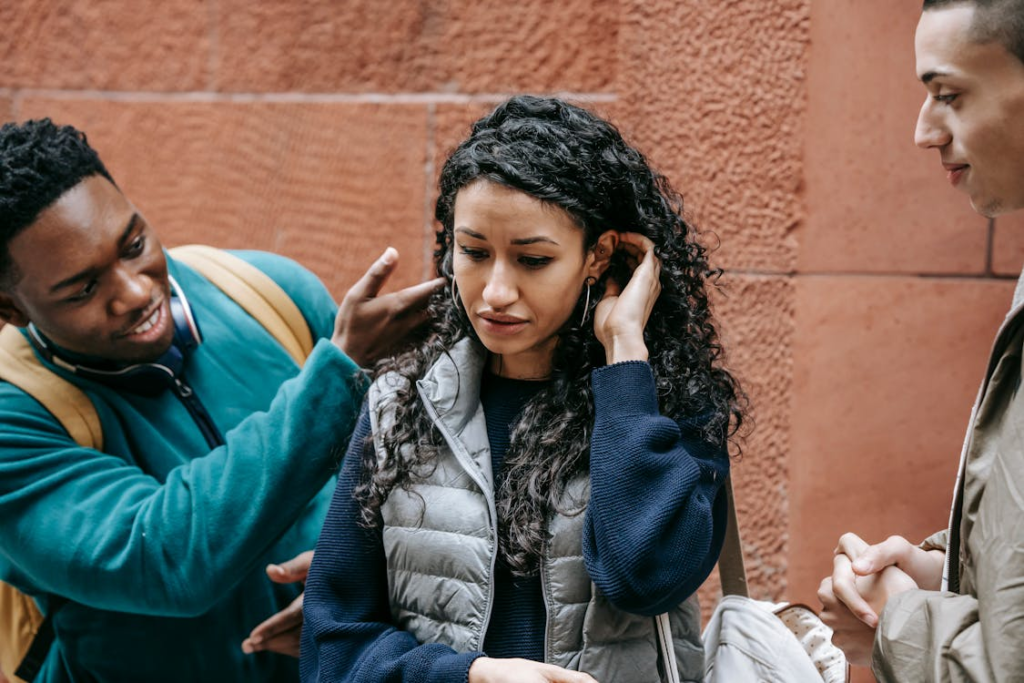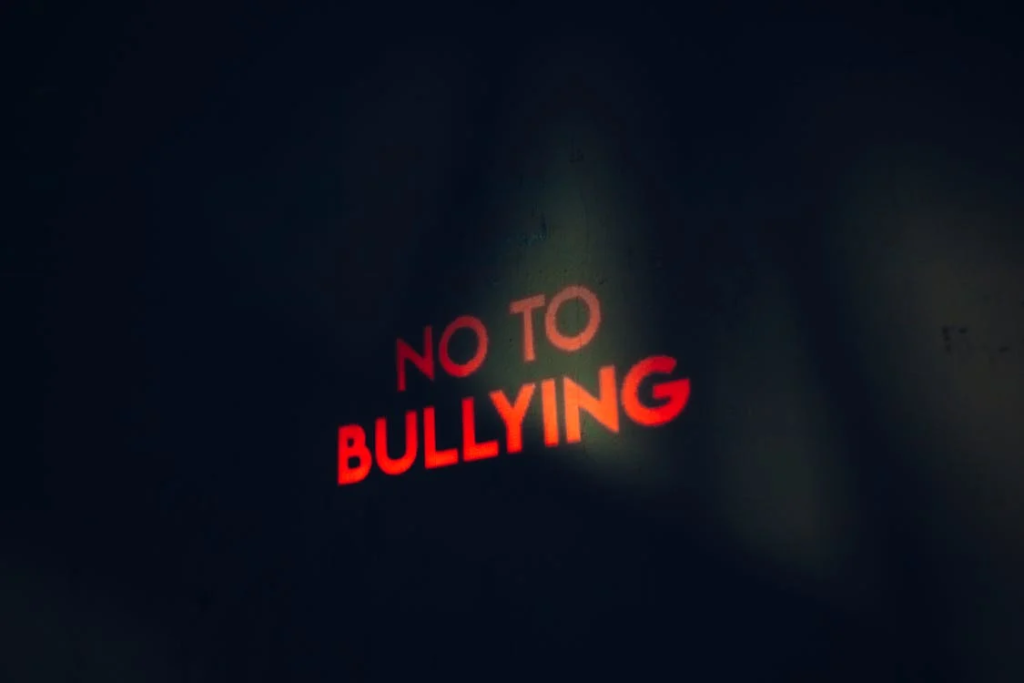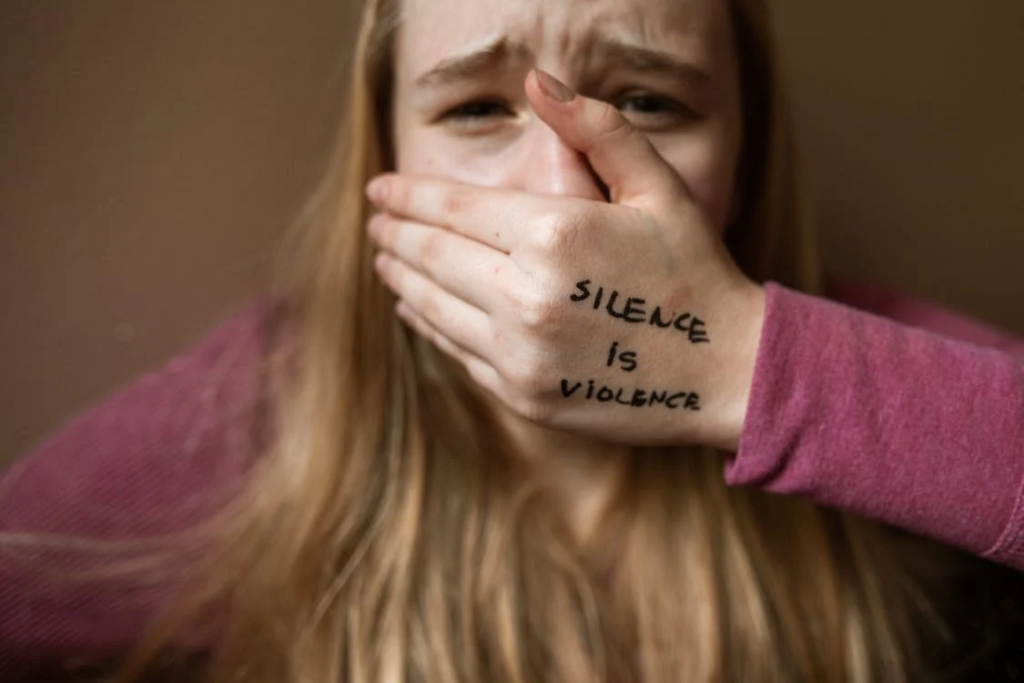Many teenagers indulged in Lifetime movies, filled with drama and exaggerated stories of women who were trapped in abusive relationships, verbal abuse and all. These were often painted as guilty pleasures but the real story went deeper down the abuse hole. However, when faced with these scenarios in real life, they seem a lot less transparent.
In reality, verbal abuse often slowly creeps in. It’s hard to recognize, but experts agree that learning how to recognize the signs is essential. We forget one thing – verbal abuse can be just as harmful as physical abuse, breaking down the victim over time. Here are nine of the most common indicators that one may be in a verbally abusive relationship.
1. You Always Feel Like You’re Walking on Eggshells

Often, verbal abuse manifests in a certain atmosphere, not with a specific phrase. Dr. Sherrie Campbell is a marriage and family therapist. She quoted its manifestation as “moodiness where you always feel like you’re walking on eggshells anytime you have a need of your own to communicate.”
2. They Punish You With Silence

Silent treatment can be a subtle, yet powerful form of abuse. Campbell explained: “The silent treatment is a common tactic of abusers where they choose to abuse you by not using any words.” This creates insecurity, confusion, which could leave you questioning where a relationship is going.
3. Insults Disguised as “Jokes”

“I was just kidding” or “You’re too sensitive” are commonly used statements in verbal abuse and can hurt deeply. Dr. LeslieBeth Wish, psychotherapist and author weighed in claiming that “unkindness is never in fun.” Jokes like these are not meant in a kind way – they’re a manipulation technique that suggests gaslights, dismissing your feelings as overreactions.
4. Public Criticism and Embarrassment

Public humiliation or mockery by your partner is another clear warning. Dr. Wish suggested that social settings may sometimes inhibit negative comments as they may completely disregard societal norms – this is a scary one because it leaves you wondering how much worse it may be at home.
5. Frequent Snapping

We’re all prone to losing our patience once in a while. The real problem arises when it’s not reactional, but habitual. Susan Winter, a relationship expert warned against partners who generally communicate with impatient, sharp replies, which indicates verbal abuse. This type of relationship undermines respectful communication.
Read More: 6 Everyday Phrases That Can Subtly Cross the Line Into Abuse
6. Barking Orders Instead of Asking

When a partner makes demands instead of requests, that’s a clear indication of verbal abuse. Winter explains, “By barking orders, your partner communicates that you are subservient.” This general lack of respect for a partner defies equality in communication.
7. Being Dismissive

Constant interruptions, eye-rolling, and ignoring you are another red flag. Dismissiveness is a clear indicator of disrespect between partners. They are essentially diminishing by nature and leave you assuming your feelings may not matter that much to them.
8. Constant Corrections

Minor and often overlooked, grammar corrections, thoughts, or even opinions are played off as helpful, but they are belittling. Winter warns that this often happens in front of others as you are openly undermined which shifts the power balance between the two of you.
9. Name-Calling and Bullying

Less subtle and much faster way to poison a relationship, name-calling and outright bullying are the most obvious signs of verbal abuse. Winter cannot stress enough that “using negative language to make a partner feel belittled and inadequate is verbal abuse.” This eroding behavior has no place in a healthy, loving relationship.
What to Do If You Suspect Verbal Abuse

The first step in rescuing yourself from a verbally abusive relationship is learning how to recognize the signs. If there’s a general pattern occurring between yourself and your partner, it may be time for a talk. Winter advises, “Clearly identify what your partner is doing as verbal abuse. Give your partner the exact phrases and situations that you find verbally abusive.” She additionally suggests having this conversation in a safe space such as a restaurant, coffee shop, or around friends or family.
If the verbal abuse continues, it may be time to end things for good. Remember, verbal abuse could always progress to other forms of abuse such as financial or even physical. If you require support and are unsure where to start, reach out to The National Domestic Violence Hotline at 1−800−799−7233. You not only deserve safety, but a partner who truly values you, uplifts you, and proves it by respecting you at all times.
Read More: If Your Partner Says This To You, Its Red Flag to Leave, Dating Expert Claims

